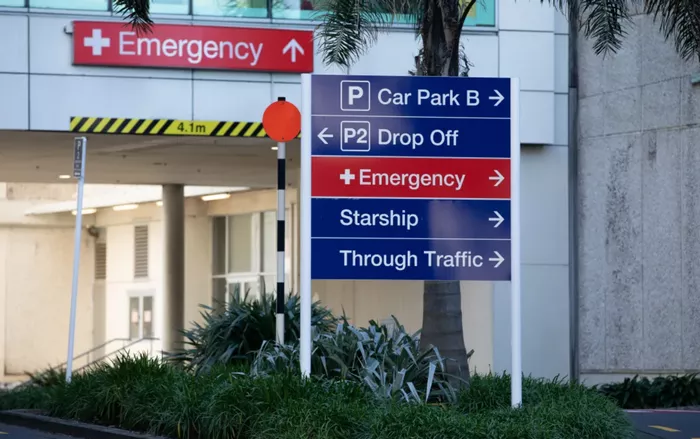The health sector in New Zealand is expressing frustration over the stagnant mortality rates for babies and mothers.
The annual Perinatal and Maternal Mortality Review Committee (PMMRC) report, released on Tuesday by Te Tāhū Hauora Health Quality & Safety Commission, covers the period from 2006 to 2021.
The report reveals nearly 10,000 deaths and hundreds of babies diagnosed with moderate or severe neonatal encephalopathy, a disturbance of brain function.
PMMRC chairperson John Tait told Morning Report that unaddressed inequities have kept Aotearoa New Zealand’s perinatal death rates unchanged for the past 15 years. This ongoing issue causes widespread frustration and exhaustion across the sector.
The PMMRC’s reports have compiled a vast amount of data, showing significant inequities in perinatal clinical outcomes related to demographic and socio-economic factors, including ethnicity and poverty.
“The main problem we have is inequities. If we could address that problem, we might reduce perinatal loss,” Tait said. He noted that Māori, Pacific, Indian women, women under 20, and those living in high deprivation areas experience significantly higher perinatal losses than other groups. “That’s the area that really needs attention,” he emphasized.
This was the fifth review Tait participated in, and he questioned why stakeholders had not implemented changes from previous recommendations. “We need meaningful change from the stakeholders,” he said. “We present the report every year, and every year we say these figures are dreadful, but nothing substantial happens.”
Tait urged the government and Ministry of Health to explore solutions and system changes to address the report’s findings. He suggested improvements such as better access to ultrasounds, enhanced services, new ways to deliver services to the community, and eliminating co-payments for ultrasounds.
Suicide was identified as the leading cause of maternal deaths, which Tait attributed to a “resource problem.” He noted that accessing mental health resources is “extremely difficult” for new mothers, with only 8 to 10 beds available for those with significant mental health issues, though about 30 such beds are needed nationwide.
The report also noted a small, statistically significant upward trend in neonatal encephalopathy rates. It found that New Zealand European individuals were 67 percent less likely than wāhine Māori to die by suicide.


